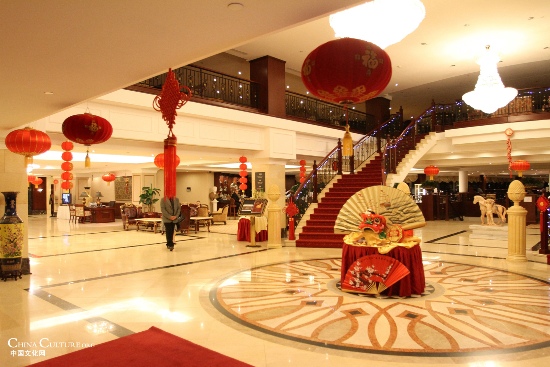 Posh, swanky, upper crust: these are the words you’d associate with a five-star hotel. However, after strict austerity measures were implemented at the end of 2013, “luxury” became a term associated with “corruption”. That’s exactly when the downfall of the five-star hotel in China began, and “luxury” became a dirty word.
Posh, swanky, upper crust: these are the words you’d associate with a five-star hotel. However, after strict austerity measures were implemented at the end of 2013, “luxury” became a term associated with “corruption”. That’s exactly when the downfall of the five-star hotel in China began, and “luxury” became a dirty word.
The reversal of fortune for the hotel industry was as sudden as it was dramatic. Whereas it made a profit of around RMB 5 billion in 2012, the hotel industry then recorded a RMB 2.1 billion loss the very next year.
Although the whole industry is feeling the pinch, this seven billion yuan difference signifies the loss from which higher-end hotels are suffering because the government officials that used to be their biggest clients are no longer coming back.
“For two years now, the biggest loss have been from the absence of many high-ranking officials that used to frequent five-star hotels. Profits for the industry completely fell off the cliff at that point,” said Zhang Rungang, director of the National Tourism Hotel Association.
National Tourism Bureau deputy director Wu Wenxue said luxury hotels simply expanded too fast. Wu said Ningbo, a city that only had two five-star hotels ten years ago, has 22 today, with another 30 under construction or in development.
With that much competition in a shrinking market, Ningbo was home to the first five-star hotel bankruptcy last December. The Leidisen Hotel had upgraded itself from three to five stars in 2013, but quickly went into debt and never recovered.
To cope, hotels are now voluntarily giving up their coveted five-star ranking in order to attract more customers. Last year, 50 five-star hotels changed their ranking to become four-star hotels, like the Mianjiang Fuyuan Hotel in Beijing. Once catering to the whims of high-level officials, these hotels now focus on weddings as their main business.
Mr Ai, the manager of a three star hotel in Handan, Hebei, said hotels must start appealing to the masses, and this means lower prices. “At the beginning of 2012, we had a standard price of RMB 589 per customer (attending our restaurant for its buffet dinner); now, that has dropped to RMB 239,” he said.
With that in mind, living the high life of a government official may one day become affordable enough to other ambitious travelers. After all, for the sake of these remaining five-star hotels: if they’re not going to do it, somebody else has to.
Photo: china culture
